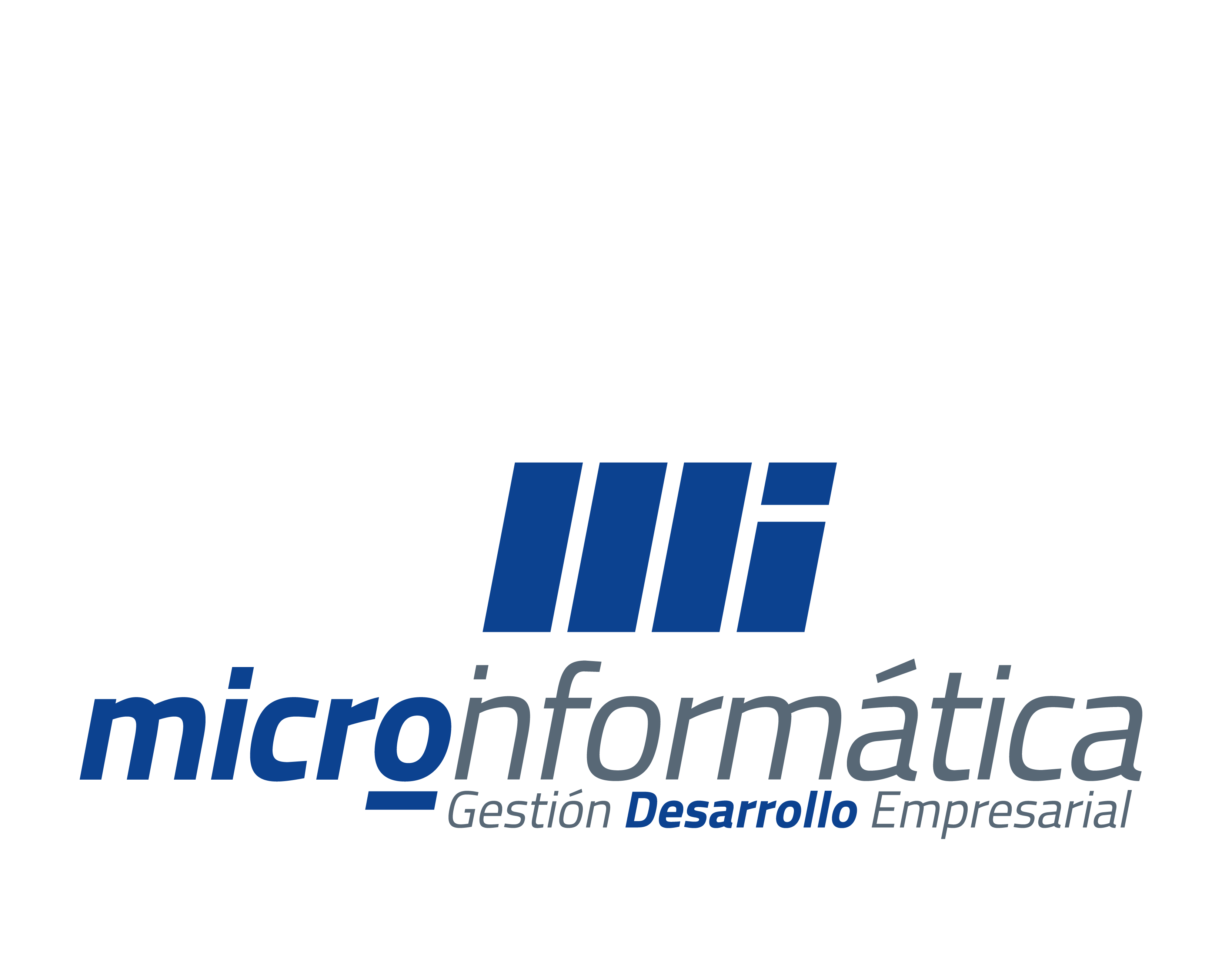22 Sep Health Complications of Addiction: Diseases, Effects & Consequences
Several evidence-based treatment approaches are available for AUD. One size does not fit all and a treatment approach that may work for one person may not work for another. Treatment can be outpatient and/or inpatient and be provided by specialty programs, therapists, and health care providers.
Drug and Alcohol Abuse- Causes, Effects and Prevention
Parents may feel responsible for their child’s addiction or may be unsure of how to best help the child. In trying to help them overcome addictive behavior, they may at times end up enabling the child instead. In programs such as Alcoholics Anonymous, these parents can learn how to keep from enabling their child while still offering love. Often a counselor or social worker can provide assistance to parents in this area and help them find the best way to bring up the subject of substance abuse and addiction with their child.
SMART Recovery™
Barbiturates, benzodiazepines and hypnotics are prescription central nervous system depressants. They’re often used and misused in search for a sense of relaxation or a desire to “switch off” or forget stress-related thoughts or feelings. Synthetic cannabinoids, also called K2 or Spice, are sprayed on dried herbs and then smoked, but can be prepared as an herbal tea. Despite manufacturer claims, these are chemical compounds rather than “natural” or harmless products. These drugs can produce a “high” similar to marijuana and have become New Life House Review a popular but dangerous alternative.
Can People With Alcohol Use Disorder Recover?
- One use of a substance can produce a pleasurable effect that motivates interest in repeating the experience.
- Because an SUD affects the brain’s normal functions, it can compel someone to repeatedly use substances or engage in behaviors even though they have harmful consequences.
- The counselor provides information about the individual’s drinking pattern and potential risks.
- Barriers include stigma, cost, perceived lack of need, and limited availability of specialized services – problems that persisted before the pandemic and, in many cases, worsened during it.
Like treatment for other chronic diseases such https://sober-house.org/new-life-house-review/ as heart disease or asthma, addiction treatment is not a cure, but a way of managing the condition. Treatment enables people to counteract addiction’s disruptive effects on their brain and behavior and regain control of their lives. The DSM-5 doesn’t currently include other behavioral addictions due to a lack of research on them. However, any activity or habit that becomes all-consuming and negatively impacts your daily functioning can cause significant mental, social and physical health issues, as well as financial issues in some cases.
Symptoms of Addiction
Regular use of these drugs may cause drug addiction in humans as they become habituated to it. Behavioral treatments—also known as alcohol counseling, or talk therapy, and provided by licensed therapists—are aimed at changing drinking behavior. Examples of behavioral treatments are brief interventions and reinforcement approaches, treatments that build motivation and teach skills for coping and preventing a return to drinking, and mindfulness-based therapies. It’s characterized by a compulsive need to use a substance despite its devastating consequences.
As you’ve already read, there’s no shortage of medications and therapies to help one through each stage of the recovery process. Not only that, there is ample support from professional services; in other words, there are plenty of treatment options for anyone who needs them. For more information on treatment options, contact a treatment provider today. Motivational interviewing is a therapy used to help individuals understand the motivations behind their behaviors and begin working through the process of change systematically. This type of therapy is frequently used to treat people with substance use disorders, as change is a tricky process, and motivation requires continued support. Dialectical behavioral therapy (DBT) is a form of CBT therapy that approaches intense or uncomfortable emotions and uses processes to help people manage them safely.
What is Drug and Alcohol Abuse?
AddictionResource.net is the flagship site of parent company Recovery Guide LLC, a leading digital publisher in the behavioral healthcare space. In the case of an overdose, immediate action can often prevent death. The medication Naloxone (also known as Narcan) can reverse the effects of opioid overdose. The Global alcohol action plan 2022–2030, endorsed by WHO Member States, aims to reduce the harmful use of alcohol through effective, evidence-based strategies at national, regional and global levels.
As a person continues to use drugs, the brain adapts by reducing the ability of cells in the reward circuit to respond to it. This reduces the high that the person feels compared to the high they felt when first taking the drug—an effect known as tolerance. They might take more of the drug to try and achieve the same high. These brain adaptations often lead to the person becoming less and less able to derive pleasure from other things they once enjoyed, like food, sex, or social activities. Evidence-based guidelines can assist doctors with choosing the right treatment options.
These medications are utilized for various purposes, including managing acute withdrawal symptoms, reducing cravings, or treating co-occurring disorders such as depression or anxiety. Medications for addiction treatment have the most effective results when combined with a comprehensive treatment program. Living on a limited income is challenging enough; having to deal with recovery from drug or alcohol addiction on a limited income is even more so. Finding affordable or free substance misuse treatment can ease some of this burden, and it can help those struggling with addiction to get their lives back. Once recovery is in progress, it can help to be surrounded by others who understand and who can help the recovering individual through the process, such as by participating in self-help groups and other counseling programs.


No Comments